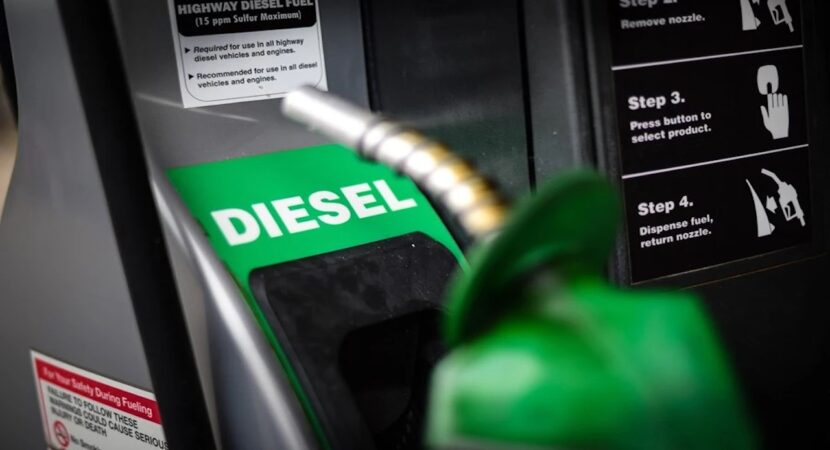
In addition to diesel oil, planes, inputs for fertilizers, oil, vessels and vaccines were also other products imported by Brazil.
Although 2021 was a year with problems for foreign trade, imports closed on a high in Brazil, with a growth of 23,94% compared to the year 2020. In all, US$ 232.835.014.412,13 were imported, against $189.966.960.360,48, according to data from logcomex disclosed in the Brazilian Import Report for 2021. Among this list, some equipment were highlighted. “We can highlight diesel oil, aircraft, inputs for fertilizers, oil, ships and vaccines”, explains Helmuth Hofstatter, CEO of Logcomex.
Read also
- Multinational ExxonMobil, the largest oil company in the USA, stops billionaire operations and cancels new investments in Russia
- Partnership between the largest niobium producer on the planet CBMM and the Canadian multinational Nano One foresees new investments in lithium-ion batteries
- After Russia's invasion of Ukraine, the United States worked with 30 other countries to release 60 million barrels of oil from reserves around the world to curb prices and stabilize the international market
- Permanent Production Sharing Offer (OPP): ANP publishes pre-announcement and starts the public consultation for the bidding of 11 oil blocks, in the pre-salt layer
According to the survey, the 10 main products imported by Brazil were:
- Diesel Oil – US$7.201.218.153,62;
- Planes – $6.914.067.189,94;
- Potassium Chlorides – $4.233.282.479,30;
- Oil - US$ 3.995.257.604,67;
- Vessels – US$ 3.682.325.704,34;
- Vaccines – $3.635.382.845,82;
- Turbojets -US$ 3.482.754.046,70;
- Urea – $3.198.102.239,98;
- Ammonium dihydrogen orthophosphate – $2.989.603.633,22;
- Betamino Coal – $2.610.270.262,65.
Click here and view the full report.
Furthermore, the main importing countries continue to be China and the United States, followed by Germany, Argentina and France. When we talk about destination ports and airports, the Port of Santos and the Airport of Viracopos stand out.
Use of gas (CNG or Biomethane) as fuel came to save the consumer's pocket and becomes the best alternative to replace gasoline and diesel in light and heavy vehicles, in addition to reducing pollution
The use of gas (CNG or Biomethane) as fuel in light and heavy vehicles is one of the solutions found as an alternative to the use of gasoline and diesel in order to reduce pollution and also for those who want to relieve their pockets of the constant skyrocketing prices of vehicles. fuels.
In Rio de Janeiro, it is common to use CNG in passenger vehicles, being a solution based on the cost-benefit ratio of the product and which also helps to combat GHGs (greenhouse gases).
Through Environmental Governance (ESG), companies have been demanding an “environmentally correct” behavior from the market. Thinking about it, as an alternative to diesel and gasoline, it is possible to observe some trucks and agricultural machines powered by gas. This technology, which uses Otto cycle engines, allows the use of both CNG (fossil fuel, however, less polluting) and Biomethane (gas obtained by anaerobic fermentation of organic material). Read the full story here.













Air Force F-16 fighters…
True friend, what they shot down were…
Air Force F-16 fighters…
I would like to know what planet you live on…
Air Force F-16 fighters…
Everything is fine, 100-year secrecy,…
Air Force F-16 fighters…
Well... It's flying scrap... Typical...
Air Force F-16 fighters…
Which genocide are you talking about? Than…
I have an old one, 2000, but it's still...
Good afternoon, I'm a construction worker...
Civil construction total experience
With an ethanol engine, it would be perfect
I don't know, but from the description it has everything...
Not if you ionize it... It stays until...
This kind of thing is supposed to…
My name is Caio Soares de Souza,…